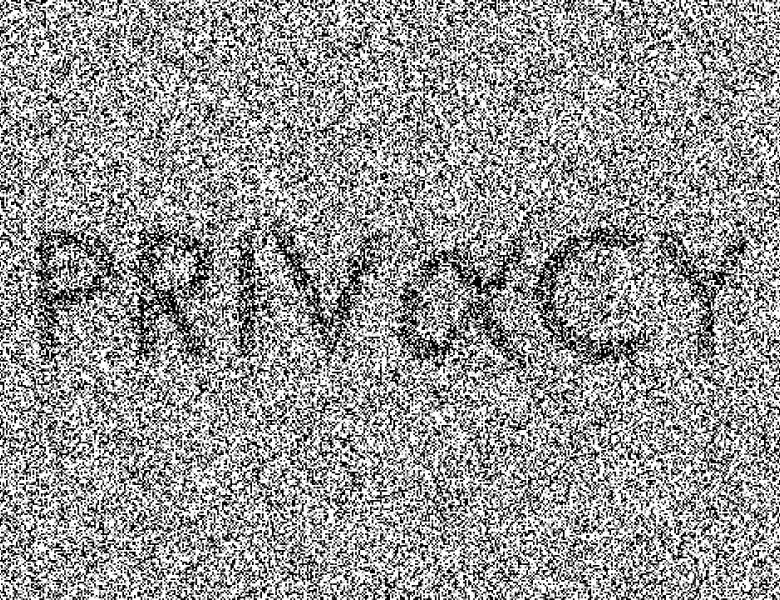
Abstract
We will discuss two fundamental inference tasks, distribution learning, and testing under Local Differential Privacy (LDP).
We start by considering density estimation (distribution learning). We will propose two private-coin LDP schemes, which require log k and one bit of communication per player respectively, while still being sample-optimal. This is contrast with all known schemes (e.g., [EPK14, DJW13, KBW16, YB18]) that require \Omega(k) communication. It is also known that the availability of public-coins does not change the sample complexity of learning.
We then consider distribution testing (goodness-of-fit) problem, where the goal is to test whether a distribution is equal to a known reference distribution, or far from it. Unlike distribution learning, we show that the sample complexity reduces dramatically for public-coin schemes, compared to private-coin protocols.
To prove the lower bounds, we reduce the problem to bounding a new quantity we define, the chi^2 contraction. For public-coin schemes, we bound the min-max chi^2 contraction, and for private-coin schemes, we bound max-min chi^2 contraction. Here the min is over appropriately chosen priors, and and max is over the LDP schemes.
Joint works with Clement Canonne, Cody Freitag, Ziteng Sun, Himanshu Tyagi, and Huanyu Zhang.


